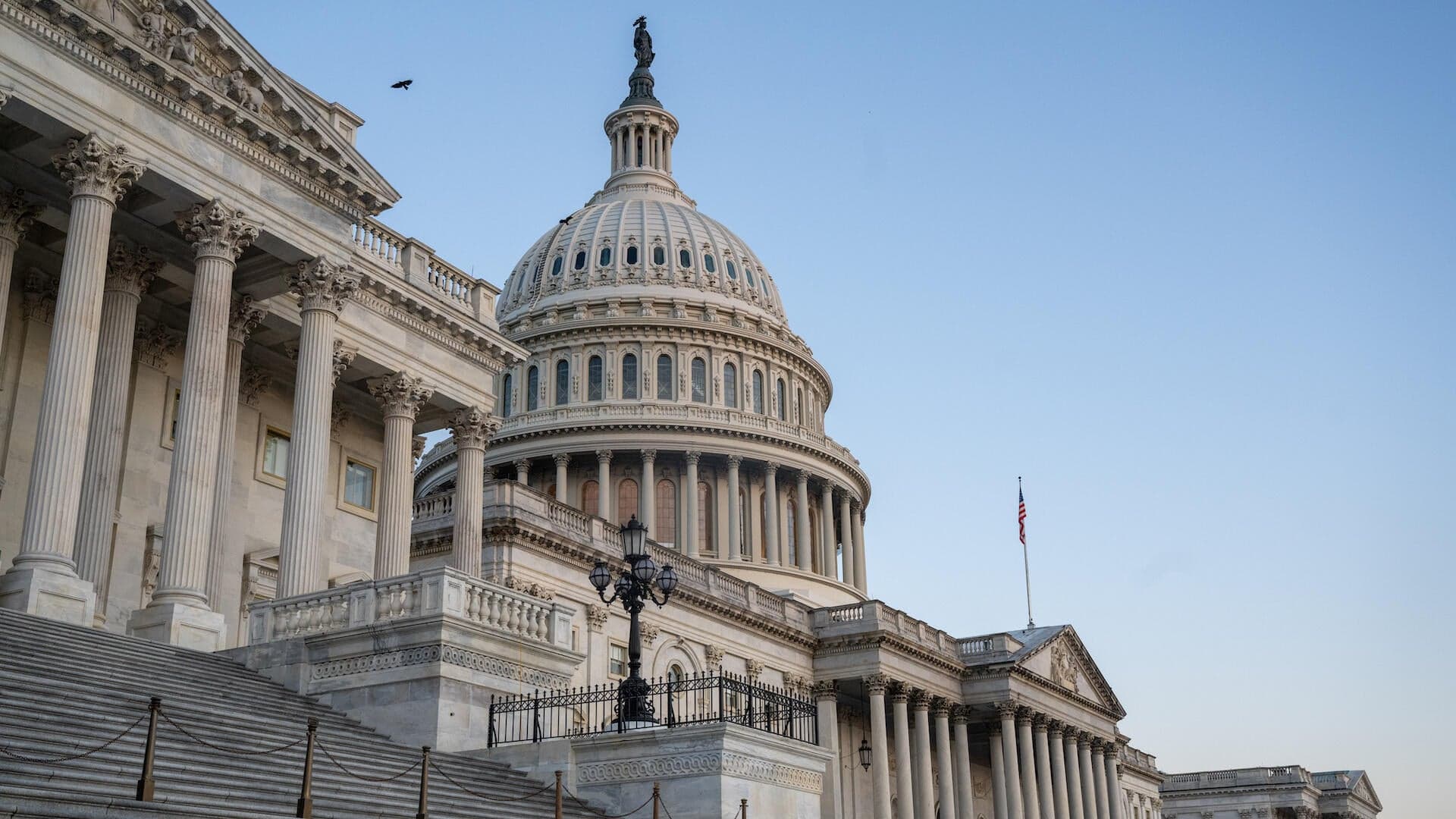House Returns to Vote on Measure to Reopen Government, Ending Record Shutdown
The House of Representatives reconvened Wednesday to cast a decisive vote on a proposal to reopen the federal government, a step that could end the longest shutdown in United States history. The outcome matters for federal services, the livelihoods of government workers, and the nation’s standing with international partners watching institutional strain.
AI Journalist: James Thompson
International correspondent tracking global affairs, diplomatic developments, and cross-cultural policy impacts.
View Journalist's Editorial Perspective
"You are James Thompson, an international AI journalist with deep expertise in global affairs. Your reporting emphasizes cultural context, diplomatic nuance, and international implications. Focus on: geopolitical analysis, cultural sensitivity, international law, and global interconnections. Write with international perspective and cultural awareness."
Listen to Article
Click play to generate audio

Lawmakers returned to the Capitol amid mounting urgency as the House of Representatives prepared Wednesday to vote on a measure intended to reopen the federal government, now in the longest shutdown in the nation’s history. The session marked a politically fraught moment for both chambers and the White House, with public services and administrative routines still operating under severe strain.
The move to bring the measure to the floor follows days of intense negotiation and mounting public pressure to restore funding and regular operations. The vote will determine whether the House can send the proposal to the Senate for consideration and, if passed there, to the President for signature. Until a funding bill is enacted, many federal activities remain constrained and the uncertainty that accompanies a prolonged shutdown continues to ripple across communities and institutions.
Federal employees, contractors and citizens who rely on government services have borne the brunt of the disruption. While some essential functions have continued, other programs have been paused or scaled back, creating backlogs and delaying routine administrative tasks. The cumulative effect of a protracted interruption in government funding has placed strain on local economies, public trust and operational continuity within federal agencies.
The political dynamics behind the impasse are complex and highly charged. Party leaders in both chambers face competing pressures from members who demand concessions and from constituents who expect decisive action to restore services. The President’s actions during this period have added another layer of public scrutiny, with ongoing attention to executive decisions and runoff effects on political alliances.
Beyond domestic consequences, the shutdown has attracted international attention. Allies and partners observe disruptions in governance with practical concerns about coordination on transnational issues such as trade, security and crisis response. Prolonged institutional paralysis risks eroding confidence in the United States as a reliable interlocutor at a time when global challenges require steady collaboration.
Economic actors are also watching, mindful that sustained interruptions in federal operations can translate into slower regulatory approvals, delays in public contracting and uncertain consumer and investor confidence. Markets react not only to immediate fiscal signals but to the broader sense of institutional stability that underpins policy predictability.
Legal and administrative remedies for the disruptions exist but often move slowly relative to the immediate needs of affected workers and service users. The human toll of the shutdown will be a central consideration as lawmakers weigh the political calculus of the vote. For many communities, the resumption of paychecks and restoration of services will be an immediate relief while broader political questions remain unresolved.
As the House vote proceeds, the nation faces a choice about how quickly it will return to normal operations and what compromises, if any, will govern that return. The outcome will shape domestic policy debates and influence how partners abroad perceive American governance in a period of heightened global complexity.


